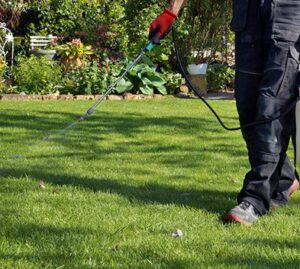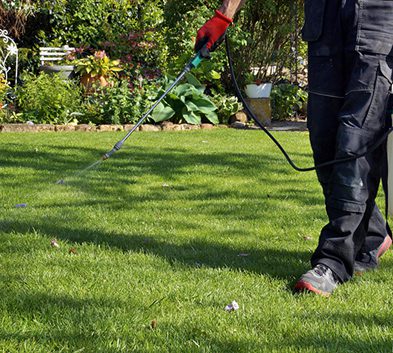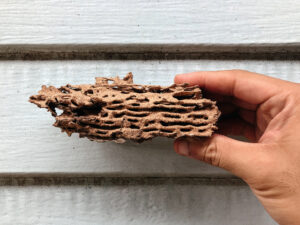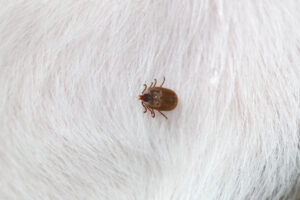 Come September, most property owners no longer worry about bug infestations. Unfortunately, pests can still be a problem in every season. During the cooler fall months, pests will begin to prepare for winter, searching for food and shelter to take cover in as the nights get colder. Pest prevention is critical to keep pests from taking up residence in your space. But what exactly is involved in fall pest prevention?
Come September, most property owners no longer worry about bug infestations. Unfortunately, pests can still be a problem in every season. During the cooler fall months, pests will begin to prepare for winter, searching for food and shelter to take cover in as the nights get colder. Pest prevention is critical to keep pests from taking up residence in your space. But what exactly is involved in fall pest prevention?
Be on the Lookout for Year-Round Pests
Summer may be prime time for pests, but fall can also bring about many pest concerns. Bugs are everywhere in summer and can continue to be seen in fall in Georgia because of the warmer climate. Wasps, bees, and ants will hang around to cause problems for every Georgia homeowner. While termite swarms are higher in spring and summer, they can occur at any time of the year, meaning termite colonies can still form in fall. Termite inspections can prevent a dreaded termite infestation this fall. If an increase of ants is still noticeable in fall, pest control could be required to permanently get rid of ant hills in the yards and the presence of ants inside. While sealing up food and wiping up spills can reduce the likelihood of ants inside the home, pest control service can guarantee they are gone for good.
Seasonal Bugs
Some bugs may not be as dangerous or harmful as wasps or stinging insects, but they can be annoying. Ladybugs, kudzu bugs, or stink bugs can continue to make appearances inside Georgia spaces during the fall. These obnoxious bugs find their way into any small crack and can become very annoying. It may take pest control to keep them from entering every small space they may find.
Fall Pest Control Services
There are many steps that can be taken to prevent pests from coming inside the home. First, locating and sealing up any cracks or easy entrance points can limit how many bugs make it inside. Seal up windows, caulk around the rim, and apply copper mesh or expanding foam to any other gaps. Next, you can also clean homes and rid them of cobwebs. Cleaning up crumbs or spills each day will also eliminate food sources that bugs can find attractive. Cleaning up the outside area of trash and debris will also aid in eliminating places for bugs to hide around the outside spaces. Controlling humidity with a dehumidifier can also help reduce the appeal of a space for bugs.
However, The best way to handle pest control in Georgia in the fall is to prevent them from coming in in the first place. Pest Force pest control services will do just that. To take care of bugs once and for all, call for professional pest force services.
Pest Force is here to help with your bug problem this fall. Call us today to schedule your pest control appointment and have peace of mind that your home will be bug-free all season long.
Frequently Asked Questions
Why Do I Need Pest Control In Fall?
It can seem like fall is a time when it begins to cool off so bugs aren’t as prominent anymore. However, that doesn’t mean you don’t need to invest in pest control. Fall pest control is all about prevention. In fall, Many insects and critters begin to look for places to hibernate, and you don’t want that place to be near your home. Preventing these pests from entering your home with pest prevention can save you a lot of headaches, time, and money in the long run.
What Pests Come Out In Fall?
There are several types of pests whose activity may increase in fall. Bees become more noticeably active in fall as they begin to prepare for winter by gathering nutrients. You may also notice more roaches as they start moving indoors during colder weather in search of food and shelter. The same can be said about mice who start looking for a warm place to shelter in winter. Beetles hibernate in winter and begin looking for the best place to hibernate in fall. These are just a few pests that you can see more often in fall as winter approaches.
What Can I Do In Fall For Pest Prevention?
The top things you can do yourself to keep pests away this fall include:
- Sealing up any entry points.
- Replacing any worn-out weather stripping.
- Eliminating places of moisture that are attractive to bugs like termites.
- Cleaning up outside the home to keep pests from finding shelter in logs or leaves near your home.
- Inspecting any items you bring in from outside for bugs or pests.



